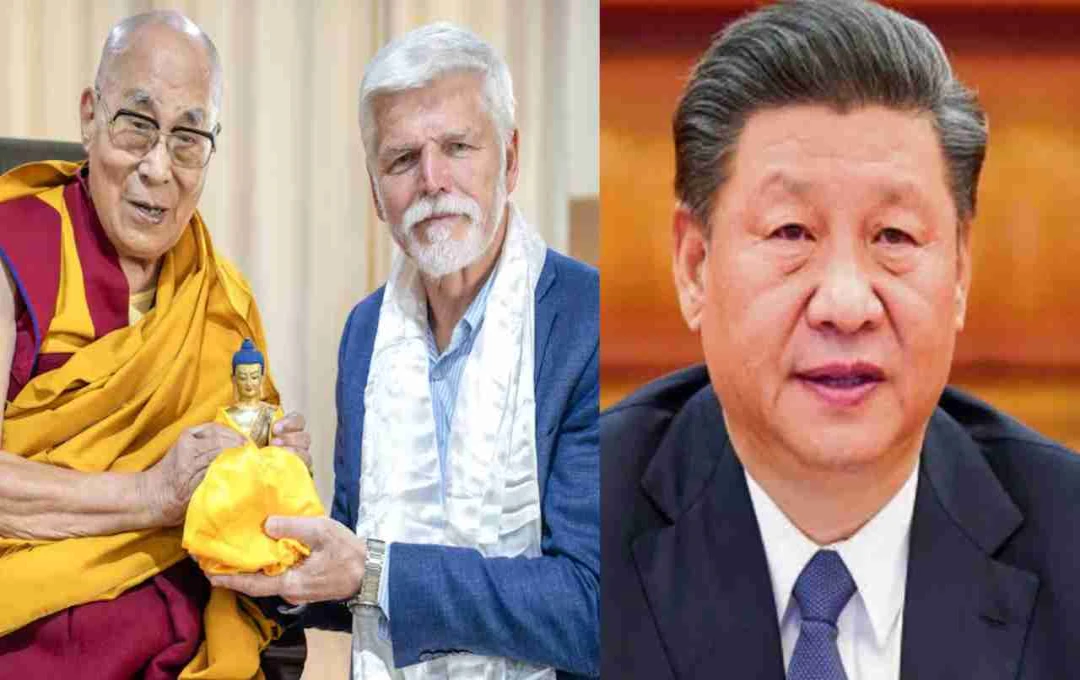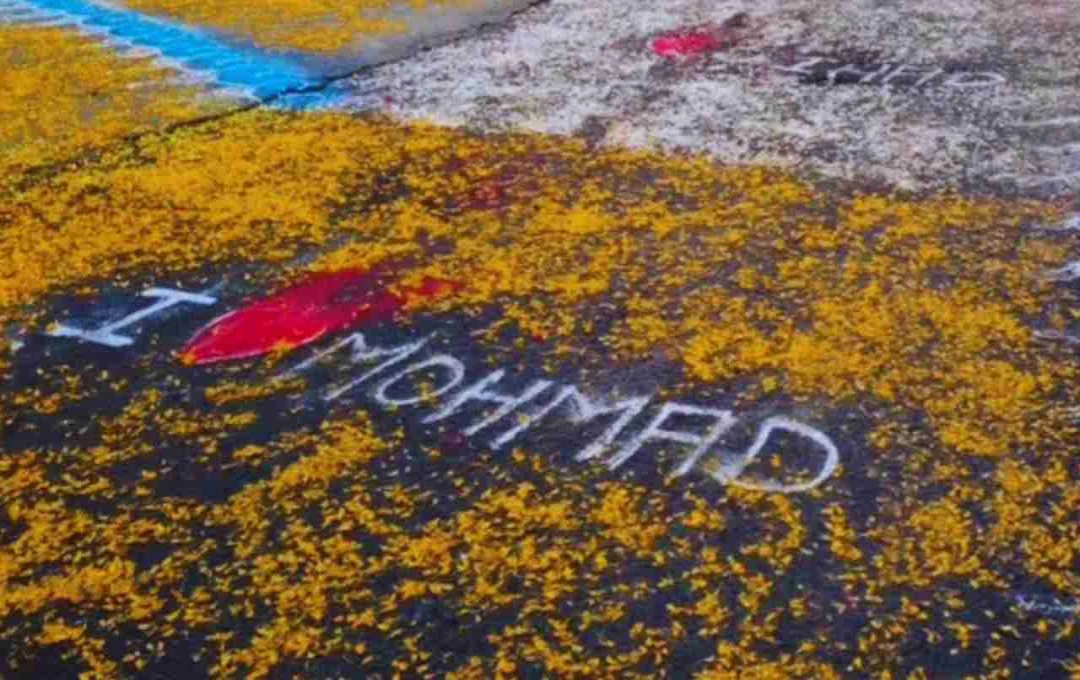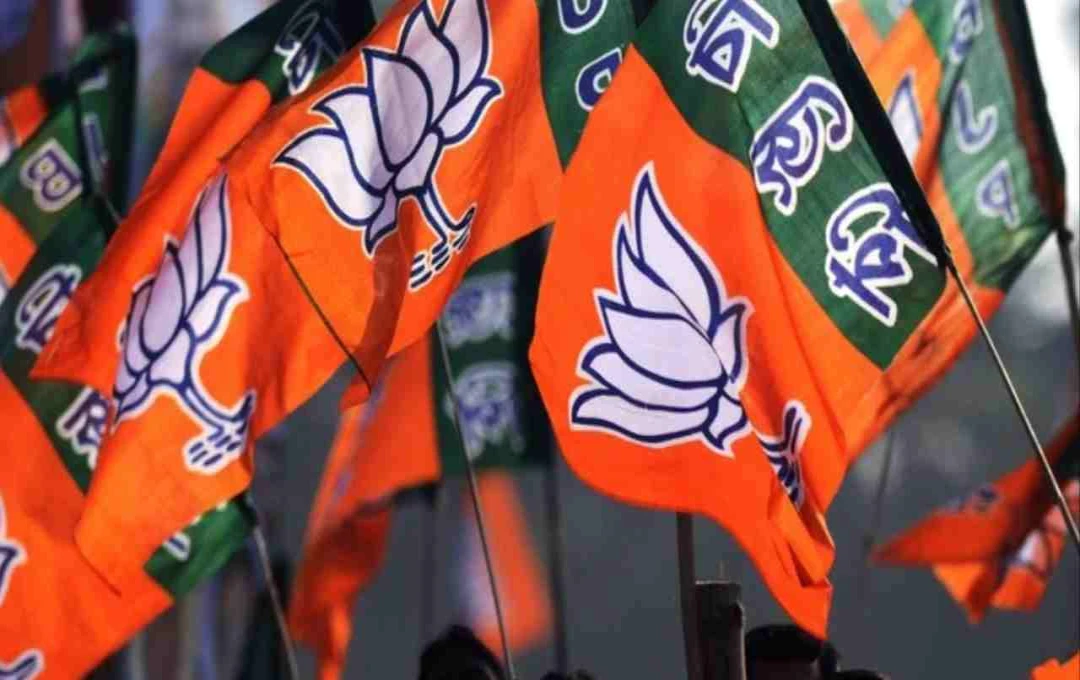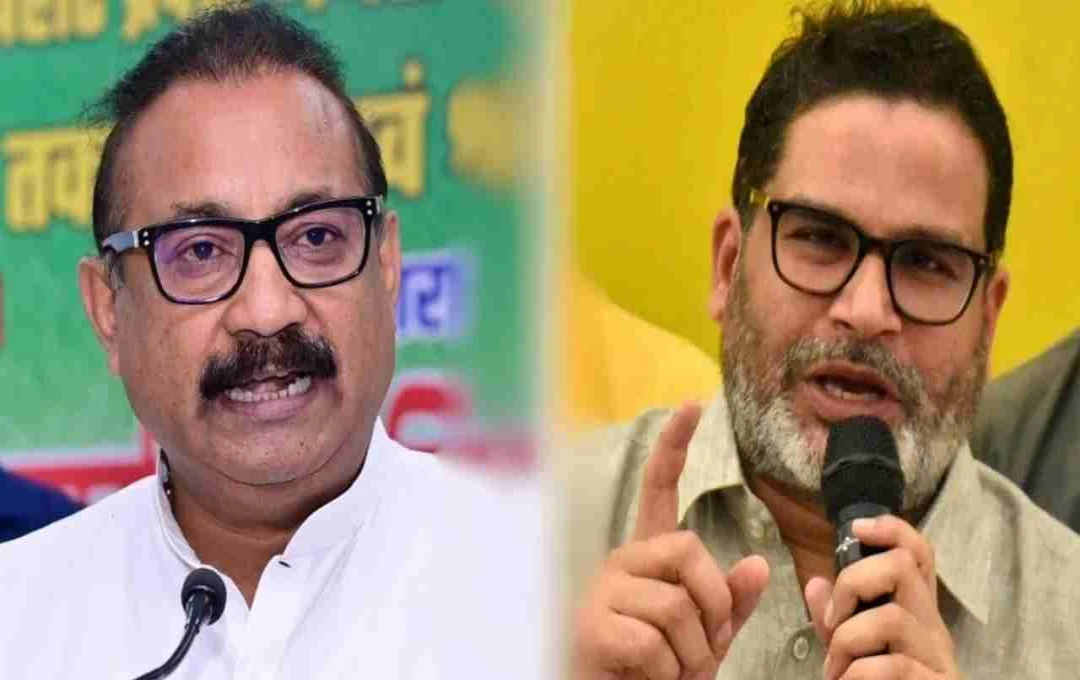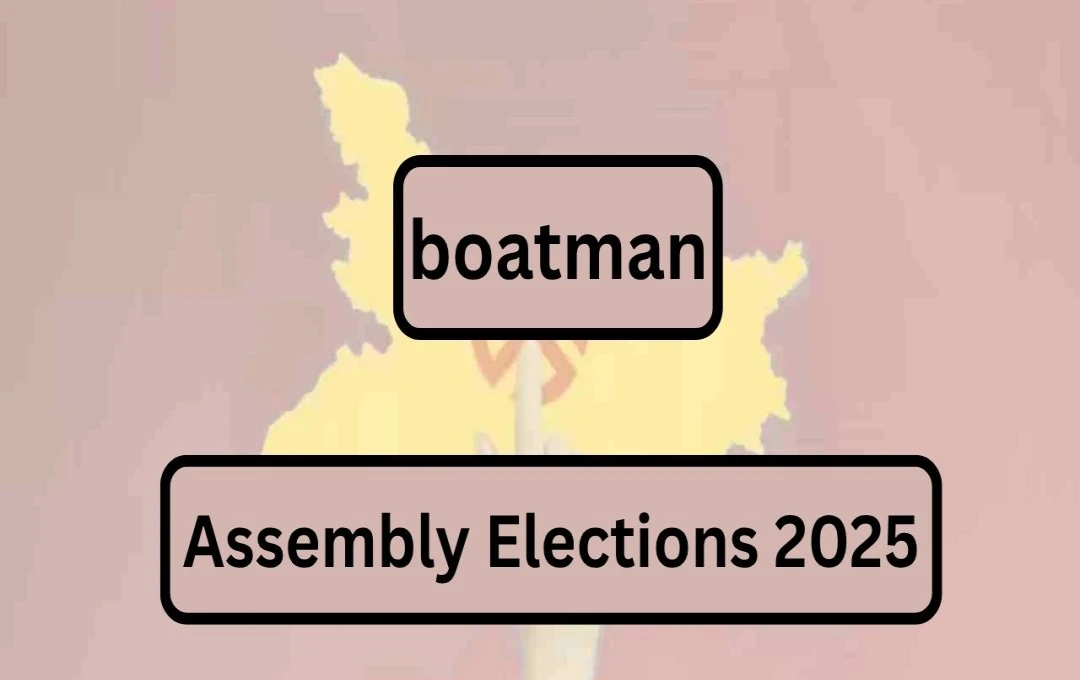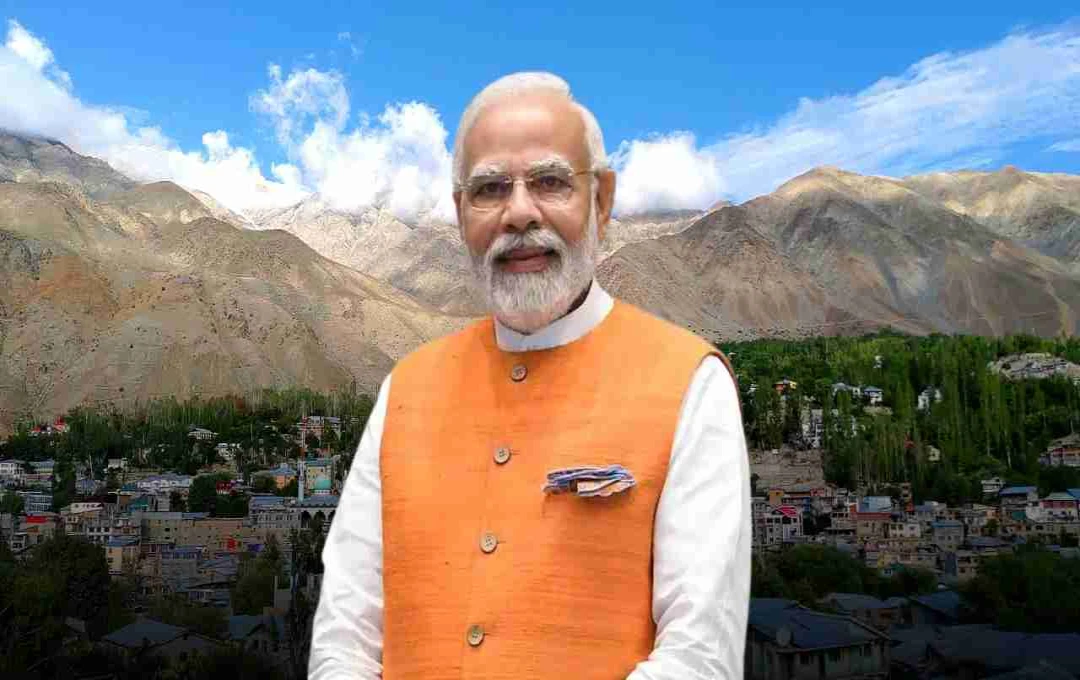China has reacted bly to the meeting between Czech President Petr Pavel and the Dalai Lama in Ladakh. Beijing announced the end of all diplomatic relations with President Pavel, calling the move a provocative action.
China-Czech Relation: The meeting between the Tibetan spiritual leader the Dalai Lama, who resides in India, and Czech Republic President Petr Pavel has stirred new waves in international politics. Following the meeting in Ladakh on June 27th, China reacted sharply, announcing the termination of all diplomatic and governmental relations with President Pavel. Beijing presented this move as a response to "diplomatic protest" and a "provocative action."
Political and Cultural Significance of the Meeting
This was the first time a sitting president of any country had a formal meeting with the Dalai Lama in India. During the meeting, President Pavel wished the Dalai Lama a happy 90th birthday and reiterated his support for the human rights, language, and religious freedom of the Tibetan people. This gesture is seen internationally as a symbol of support for the Tibetan community.
China's Strong Opposition
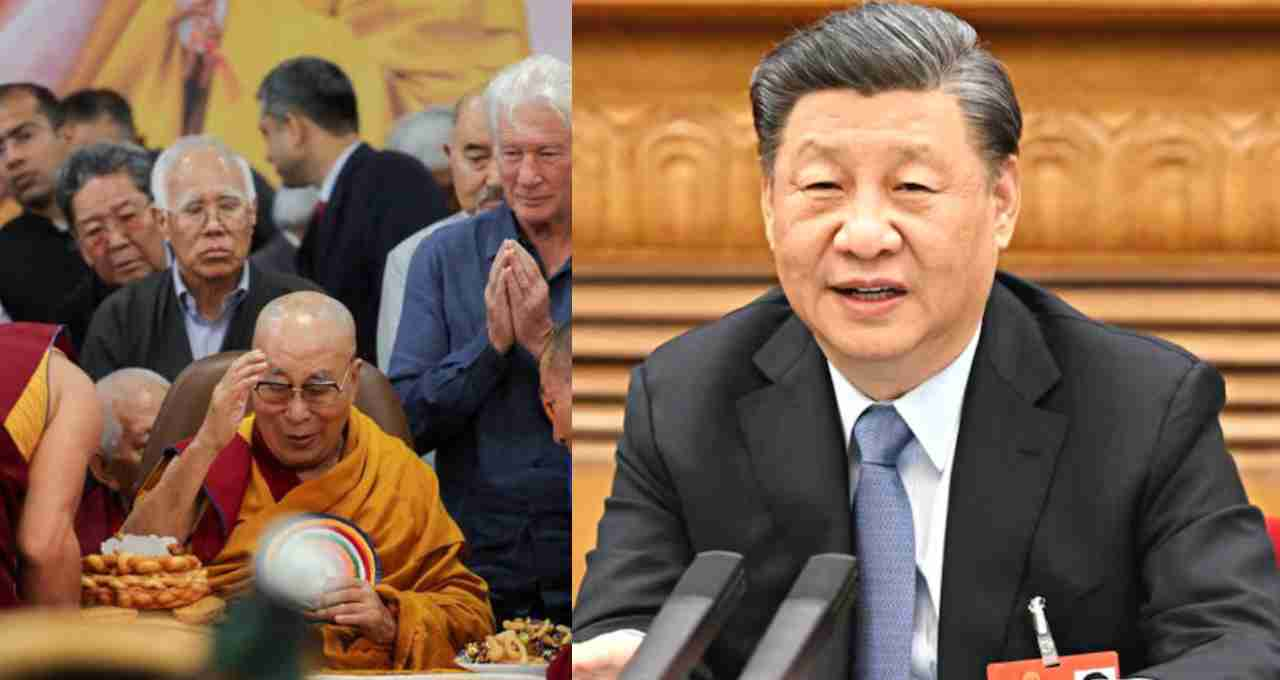
On Tuesday, the Chinese Foreign Ministry issued an official statement expressing its serious objection to the meeting. Beijing decided to suspend diplomatic dialogue and governmental relations at all levels with President Pavel and the Czech government. According to China, the meeting with the Dalai Lama is a direct challenge to China's sovereignty and territorial integrity.
Controversy Also Arose on the Dalai Lama's 90th Birthday
The Dalai Lama's 90th birthday was celebrated on July 6th. Prime Minister Narendra Modi, Home Minister Amit Shah, and several other leaders extended their greetings to him. China also objected to the presence of Union Minister Kiren Rijiju at this ceremony. China stated then that the Dalai Lama is trying to separate Tibet (referred to as Xizang in China) from China in the name of religion.
Beijing's Warning
China had also warned India not to interfere in Tibet's "internal affairs." Beijing claims that Tibet has historically been an integral part of China and that the Dalai Lama is trying to change this fact. China also stated that India should respect the "One-China policy" on such sensitive issues.
What is the Reincarnation Controversy?
The Dalai Lama recently announced that he himself would make the decision regarding his reincarnation and that no external body or country has any right over it. China has also rejected this statement, saying that the Dalai Lama has no right to decide on the continuation or end of the institution.
